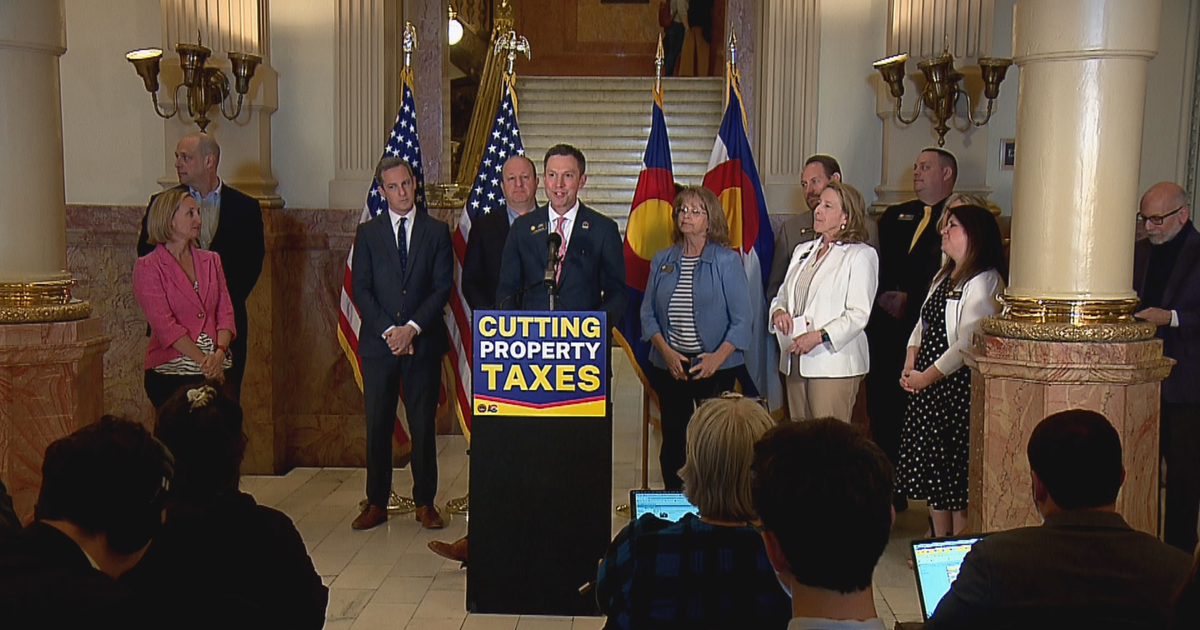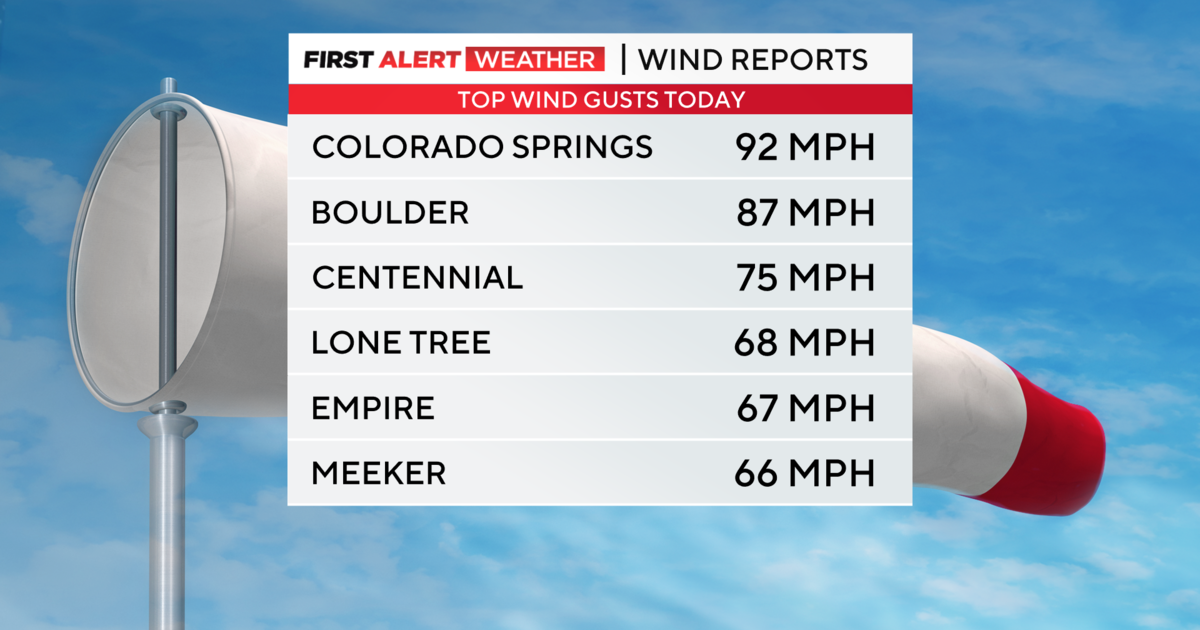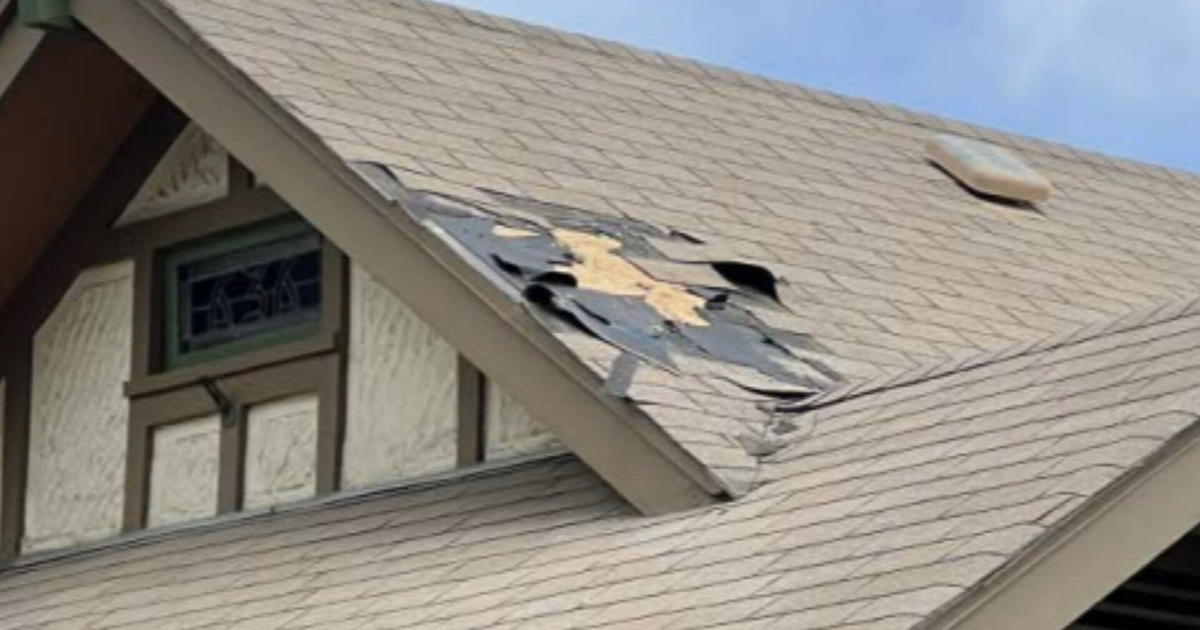Right Or Wrong, The Fiscal Cliff Is A Deep Drop-Off

BOULDER, Colo. (CBS4) - As we approach Thanksgiving and members of Congress travel over the river and through the woods, they may find themselves emerging from the woods at the edge of the cliff.
The deadline looms -- Dec. 31. But merely coming up to that deadline may spook financial markets. Washington is the place of brinksmanship, especially in budget negotiations in recent years.
Financial publications are putting talk of deal-or-no-deal down as the reason for daily market swings. Rightly or wrongly, the fiscal cliff is a steep drop-off and at the bottom lays the potential ruins of the American economy smashed to bits by indecision.
First let's define it. The cliff is basically an end-of-the-year deadline that will mean hundreds of billions of dollars of tax cuts will expire and more than a $100 billion in spending cuts go into place -- all at once -- no parachute, no walk down -- just a plunge.
"You've got the Bush tax cuts, which are made up of a number of different items," said University of Colorado professor of political science and author Scott Adler. "The most common being income tax cuts, and the payroll, the Social Security payroll tax holiday, and at the same time, the budget sequestration that was part of the budget control act of last year.
"That said that if Congress didn't figure out a way to trim $1.2 trillion out of the budget, with some combination of either cuts or tax increases, that they were just going to do an across the board sweep."
Adler pointed out in his book "Congress and the Politics of Problem Solving" that the government has been spending more that it takes in for decades. Short-term thinking to boost the economy during the current political term, with the implications for the spending on the next office holder or generation.
So they passed the Budget Act. It's their way of holding their own feet to the fire. It's an attempt to force themselves to bring spending more in line with revenue. The automatic cuts are called sequestration.
"The sequestration was meant to be more of an inducement to get lawmakers, Democrats and Republicans House members, senators to work together to come up with some solution."
But they haven't. Now we're closing in on the deadline.
The reality, Adler pointed out as we looked over Boulder as an example, is how far federal money is soaked into so much around us. It includes the University of Colorado where he instructs.
"It goes beyond the university of course, you have the government research facilities, NOAA and NIST, who are directly paid for through the federal budget and the aerospace industry … and we have farms. And those farmers are very nervous about what the Department of Agriculture's budget is going to look like."
Automatic cuts would start a cascade of trouble. Fed chairman Ben Bernanke has said he doesn't think the tools he has at his disposal are strong enough to offset the effects of the fiscal shock. Even a deal is likely to look painful. There's the potential lawmakers will "kick the can down the road" and delay a deal. But even realizing how steep the drop-off, lawmakers have yet to cut a deal and each day we draw closer to the edge.



